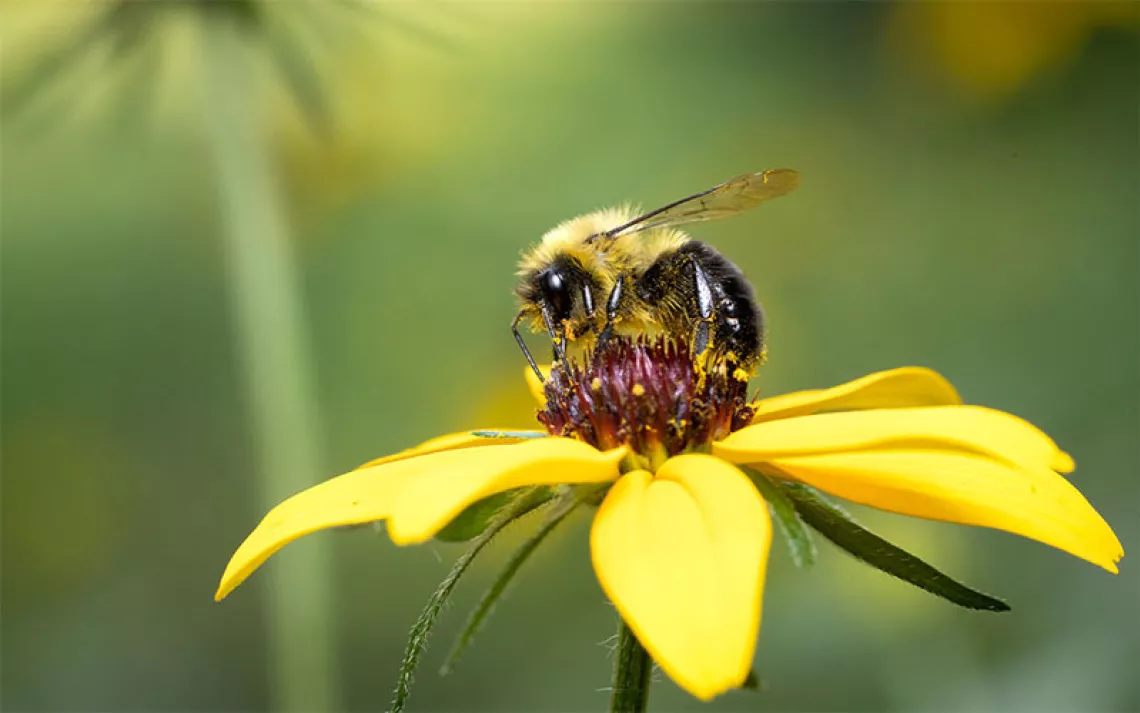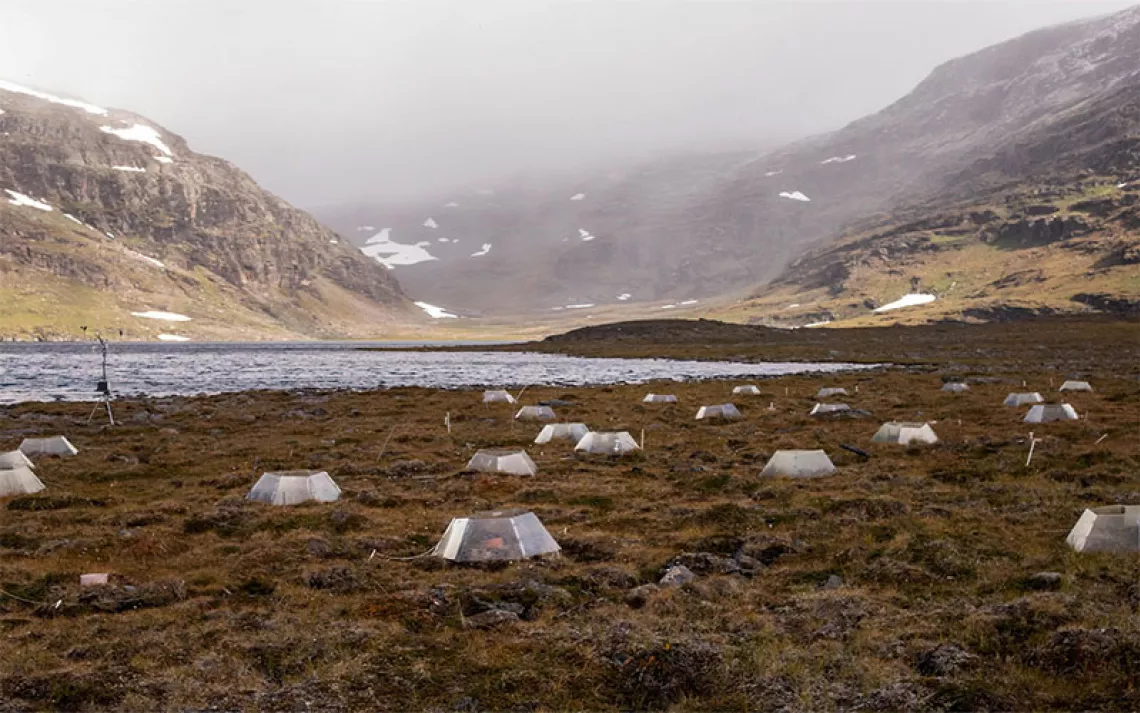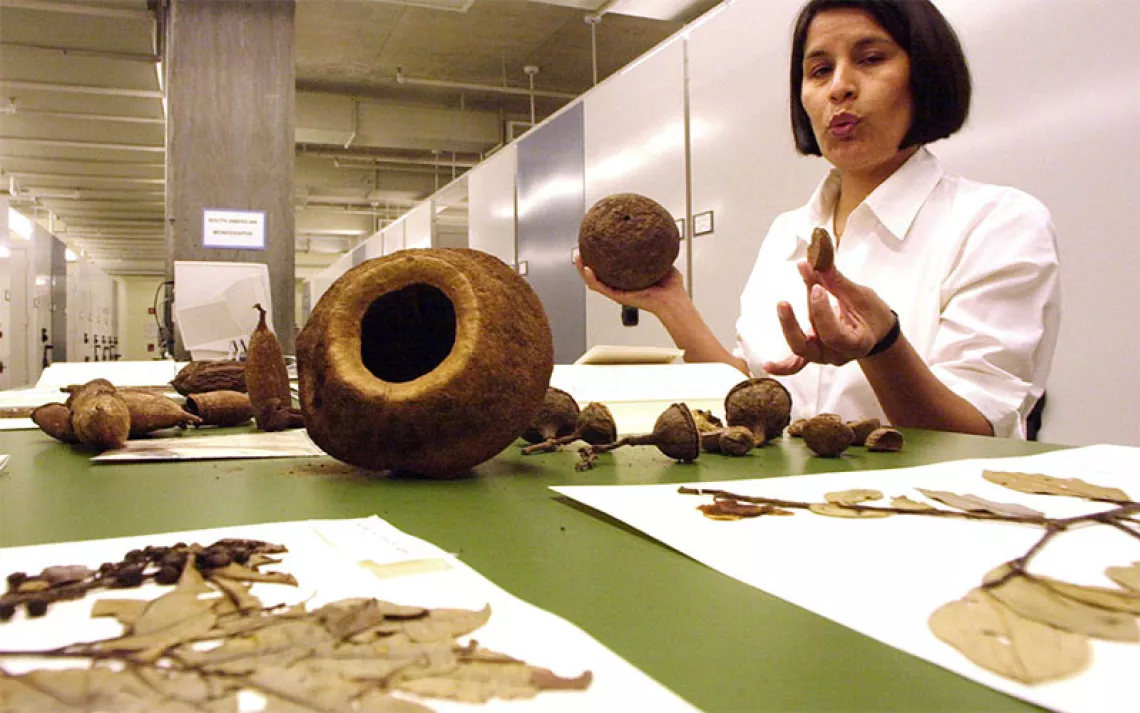ICYMI: Beware the Loch Ness Eel & Eavesdropping Squirrels
A weekly roundup for busy people

Illustration by Peter Arkle
An analysis of Loch Ness finds traces of more than 3,000 species, no signs of anything resembling a prehistoric reptile, and a surprisingly large quantity of eel DNA in all samples.
Secretary of Commerce Wilbur Ross threatened to fire top staff at the federal agency responsible for weather forecasts after its office in Birmingham, Alabama, contradicted President Trump’s claim that Hurricane Dorian was headed for the state.
The Trump administration announced it is expanding hunting and fishing in 77 national wildlife refuges—many of which contain critical habitat for migrating birds.
California becomes the first state to ban commercial fur trapping.
Analysis of seafloor mud off the shore of Santa Barbara reveals that between 1945 and 2009, plastic levels in the ocean doubled every 15 years.
Electric eels are revealed to actually be three different species—with different genetics, habitat, and shocking power—that diverged from a common ancestor 7 million years ago.
Thieves make off with a 1,600-pound environmental monitoring station located 72 feet underwater on an off-limits section of Germany's Baltic coast, leaving only a torn power cable.
Climate change could push more than 120 million people into poverty by 2030 and undo the past 50 years of progress in global health, says a new report from the UN Special Rapporteur on extreme poverty and human rights.
Investing $1.8 trillion in climate mitigation and adaptation over the next decade would yield $7.1 trillion in social and environmental benefits, according to the Global Commission on Adaptation.
Astronauts mix cement in space for the first time.
Barack and Michelle Obama buy a waterfront vacation house; right-wing media outlets call it proof that global warming isn’t real.
Extreme weather events like tropical cyclones are making spiders more aggressive.
Forests with a large variety of species are better at surviving drought and store more carbon in a smaller area than monocultures.
Maxciel Pereira dos Santos, a Brazilian official who worked to prevent hunters, farmers, and loggers from illegally entering the Vale do Javari reserve, home to the world's highest concentration of uncontacted Indigenous tribes, was assassinated.
Drug smugglers trying to flee authorities in western Australia were apprehended with the help of an elephant seal.
Gray squirrels in Ohio may be eavesdropping on songbirds.
 The Magazine of The Sierra Club
The Magazine of The Sierra Club



